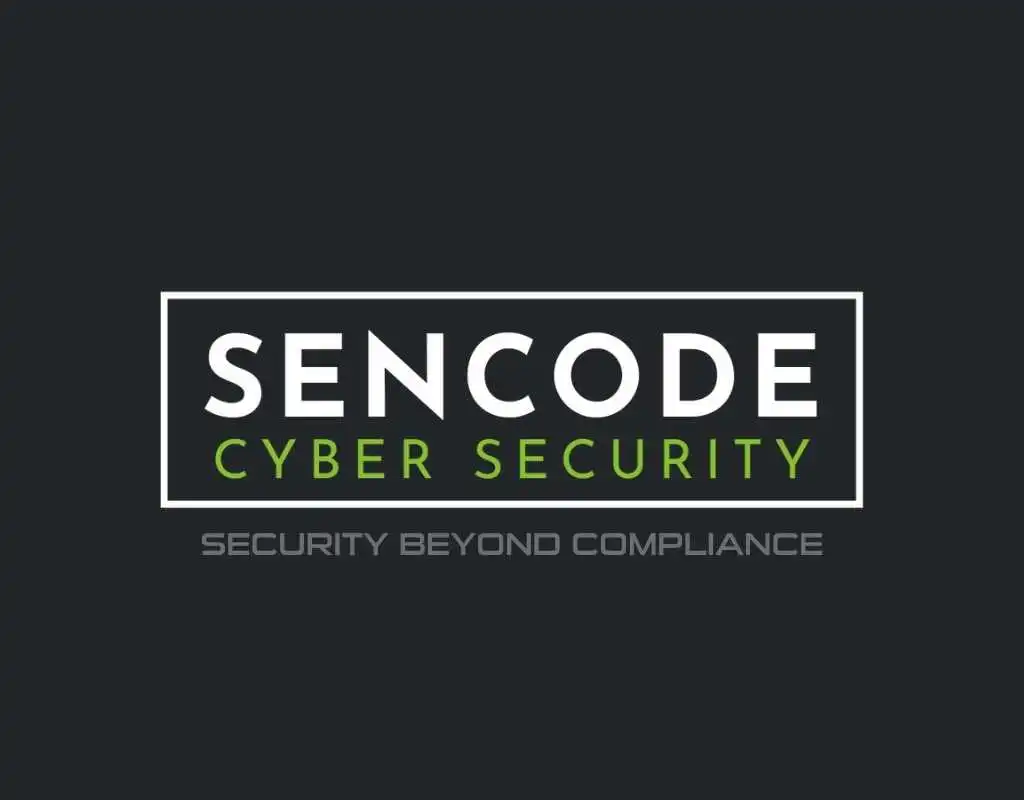Vulnerability Assessment
Scan your environment for security issues quickly and easily with a vulnerability assessment. A vulnerability scan allows you to improve the security posture of your organisation by highlighting security vulnerabilities in your environment testing against the most common vulnerabilities and allowing for quick remediation before a hacker has time to exploit them. Many of our clients include vulnerability assessments with their penetration testing regime to ensure they do not get caught out.
What do we test for?
We will run an automated vulnerability assessment against a number of endpoints checking for known vulnerabilities. This allows organisations we work with to have a 24/7 monitoring system in their environment, ensuring constant security and leaving no room for error. Sencode’s vulnerability assessment allows you to have full coverage over your IT footprint and, because we are experts, we will check every vulnerability scan report and remove obvious false positives to save you time and money and allow you to work on the issues that really matter.
What are the risks?
The cyber threat landscape is always evolving and, without constant monitoring, it is easy to get caught out by an attacker taking advantage of known vulnerabilities. Not only do attackers target individual companies, but hackers will automate the process of detecting vulnerabilities and automate its exploitation meaning companies do not have to be directly targeted by an attacker and could be compromised by a bot. This could lead to a severe data breach and often leads to large fines with possible legal action taken against the breached company.
How we can help
Talk to us about scheduling routine vulnerability scans, before an attacker has the opportunity to exploit the environment. Our comprehensive reports include not only the issues found but also remediation advice on how they can be fixed. This allows you to implement security by design with regular scans and with full CVSS scoring on all vulnerabilities so that you can be sure to address the issues in order of priority. In addition, you can help meet your ISO 27001 requirements and build systems that do not degrade on security over time.
Contact a consulting team member by phone, email, or pigeon post. We will then discuss whether we can help you and arrange a scoping meeting to discuss your requirements.
In the scoping meeting, our team will discuss your requirements in further detail. Our team will ask questions in regards to the following:
Our expert consultants will discuss and finalise which digital assets you need testing in the scoping meeting. Based on the requirements, we will then assemble a project proposal and quote and agree on a schedule for conducting the security assessment. Our proposal document will include the following information:
The Penetration Testing starts. A member of our Penetration Testing team will liaise with a member of your company throughout the entire testing process. You will be the first to know if we have any questions or concerns. Our testing team will be on hand throughout the penetration test lifecycle to answer any questions or concerns. Our tester will:
A Penetration Test is useless without a well-written report. Our reports are written in plain English, concise, and thoroughly documented. The Penetration Test Report is typically furnished within 5 days after the testing phase is complete. If you are interested in seeing an example report, please contact our team.
Each report details the following:
At Sencode, we offer free retesting for every Penetration Test we conduct. You fix the issues; then we will verify they can no longer be exploited by an attacker. Our team will arrange a mutually suitable time to conduct the retest, after the remediation efforts have taken place. Our tester will follow these steps:
Our clients receive a testing certificate that can be shared with partners and customers, showing that their company takes security seriously. The certificate and document are designed to be easily digested by third-party suppliers, the document removes the technical details and can be safely distributed.
The Security Testing Certificate is available on request, after the retest has been complete. The security certificate shows:
Get in touch for a consultation.
Contact a consulting team member by phone, email, or pigeon post. We will then discuss whether we can help you and arrange a scoping meeting to discuss your requirements.
In the scoping meeting, our team will discuss your requirements in further detail. Our team will ask questions in regards to the following:
Frequently Asked Questions
Vulnerability scans have a large variance in the time a scan can take. This is often based upon the number of targets and the intensity of the scan. For a single target server often no more than 30 minutes is needed to complete the scan. Scans congigured with several hundred IP addresses can take many hours, possibly over a day. In comparison, a penetration test can take several days just to write the report. This makes vulnerability scans a fantastic option for organisations who want constant monitoring of their environment and wish to ensure they do not get hacked by ‘low hanging fruit’.
Vulnerability scanners match a wide range of known vulnerabilities based on something called a signature. This is often a unique marker that identifies a vulnerable version of a piece of software and allows the scanner to act based upon the results. The scanner will take actions to try and elicit a response from the system using a number of different techniques and once it receives enough information it can make a decision on whether the system is vulnerable. They can do this regularly and quickly which allows them to be incorporated into the maintenance of an environment to check for known vulnerabilities between penetration tests.
Contact us
Get a free, no obligation quote from one of our expert staff.

